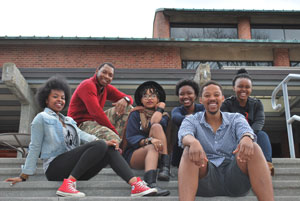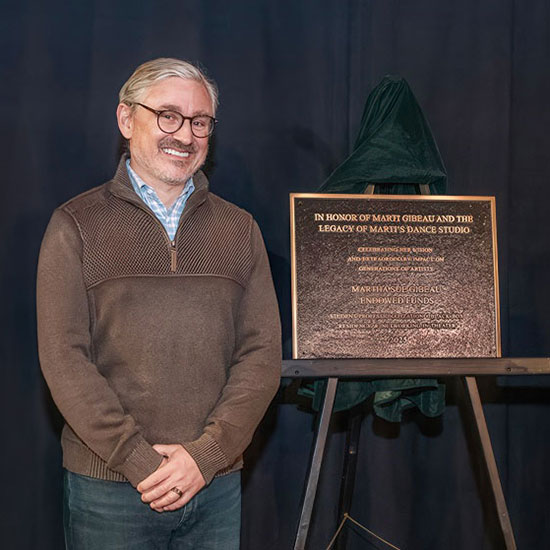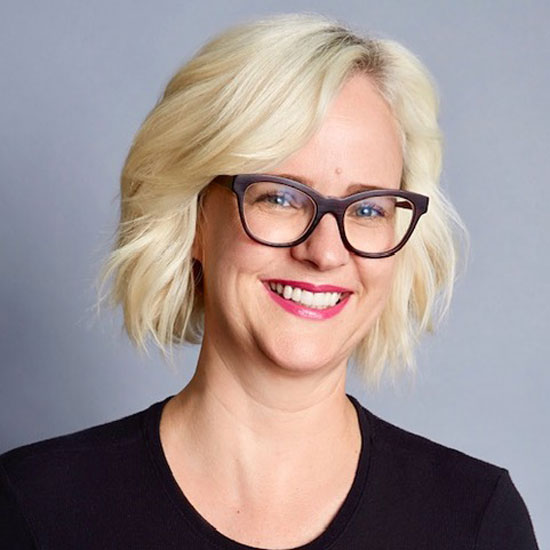Skidmore's "born free" cohort

A special generation of students--Zimkita Mpumpula ’18
(left), Thabang Maphothoane ’17, Lebogang Mokoena ’17,
Thobile Nzimande ’15, Tshediso Matake ’15, Felicia Mohau
Mazibuko ’17. (Peter MacDonald photo)
Most Americans think of freedom as a right guaranteed in a constitution more than
200 years old. For some students at Skidmore, however, the notion of freedom is much
more recent.
South Africans born on or after April 27, 1994—when Nelson Mandela was elected president
of South Africa, marking the official end of apartheid—are referred to as the “born
frees,” and seven of them are connected to Skidmore. Tshediso Matake (Joh) ’15 is
from Alexandra township in Johannesburg, Thobile Nzimande ’15 is from a rural area
near Durban, Modupe Lekena (Theko) ’16 is from a Johannesburg suburb, Felicia Mohau
Mazibuko ’17 is from a small township in Pretoria, Lebogang Moekena ’17 comes from
Johannesburg’s Soweto township, and Thabang Maphothoane ’17 and Zimkita Mpumpula ’18
are from Johannesburg.
Thabang remembers his grandmother emphasizing that he was a “Ban ba diRights” or “child of the rights.” Mohau’s grandmother quipped that while Mo was a “Ban ba diRights,” she herself had been a “Ban ba diWrong,” to help remind Mo of all she had gained and also all that still needed to happen. Lebogang, born the day after Mandela’s inauguration, was called a “Mandela baby.” Growing up, whenever Zimkita was chastised, she was also reminded of her rights as compared to those of her parents and grandparents. It was made clear to Joh that people expected something special of this generation; in fact all seven have felt a pressure to help their country move forward, away from the legacy of apartheid. Theko explains, “If I wanted to be, say, a painter, I couldn’t, because the pressure is for me to do something that will help others as well.”
The product of boarding schools in South Africa or in Norway, these students learned early how to negotiate multiple identities and new spaces. Lebo says, “Having gone to America is perceived as an advantage,” and when Thabang was on a summer internship in Johannesburg, he says, at every turn he was introduced with the tag “from America” or “who is studying in America.” When Joh returns home, his peers who didn’t go to college, let alone travel to the US for an education, often “send their younger brothers and sisters to talk to me about educational opportunities. And I understand that if I hadn’t had this opportunity, I would be in the same situation.”
While freedom carries a particularly African meaning for them, they’ve also gained insights into the similarities and differences in the American meaning of freedom. As born frees, they don’t tend to talk about apartheid and race as much as their older relatives do; however, as international students in the US, they’ve been forced to think a lot about race, and in a different context. Lebo explains, “I slowly started to realize that my friends in the US deal with some of the same things that we deal with at home, but the difference is that the US shouldn’t be where it is right now. Racism is still too strong here.” For Thobile, “My self and identity was constructed while I was in Africa. It was only when I came to America that I discovered I was black. That didn’t even happen at school in Norway.” Thabang, from a mixed-race background, muses, “This whole issue of having or not having dialogues… It didn’t click for me that I was ‘black’ until I started really listening to what people here were saying about who I was.”
Zimkita echoes her peers’ sentiments when she says, “One of the legacies of being a born free is that we are more politically aware. I can get frustrated with people here, because they seem to have forgotten, or maybe never learned, how to talk about racial issues.” Mohau reflects, “We are only 20 years post-apartheid in South Africa, and then I see how bad things still are in the US after more than 50 years since the Civil Rights movement.” She adds, “Race makes me so angry. People don’t want to help those who are still left behind. We can always see the people who are in front of us, but it has to be a conscious decision to look back. I’ll have to teach my children not to wear hoodies and how to survive, but I will also teach them to look back and help the next person.” ~ By Dean Mendes
In Skidmore’s admissions office, Mendes coordinates multicultural recruitment and is an international rep who regularly visits South Africa. He thanks enrollment, retention, and achievement analyst Sue Layden for her help with this essay.


